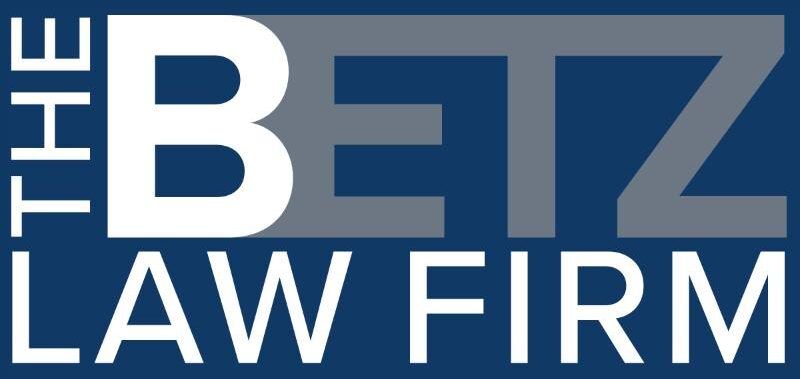At The Betz Law Firm, we have extensive experience helping parents navigate post-divorce financial matters, including issues like car insurance for children.
Divorce can bring about many changes, not only in family dynamics but also in the division of responsibilities. One question frequently arises as children approach driving age is: Who pays for the child’s car insurance after divorce?
At The Betz Law Firm, we understand the complexities that arise in post-divorce family life. If you have questions about your divorce decree, child custody arrangements, or any other family law matter, we’re here to help.
6 Factors to Consider
This is an important consideration, as adding a teen driver to an auto insurance policy can significantly increase premiums. The answer, however, depends on several factors, including your divorce agreement, custody arrangement, and financial situation.
1. Divorce Agreement or Court Order
One of the first places to seek guidance on this issue is your divorce decree or custody agreement. In many cases, the agreement will specify how various child-related expenses, such as car insurance, are divided between the parents. If car insurance costs are explicitly addressed, the designated parent will be responsible for paying the premiums.
However, if the agreement is silent on this issue, it is up to the parents to negotiate who will pay or share the cost. It’s always a good idea to have such arrangements clearly outlined in a written agreement to avoid misunderstandings later.
2. The Role of the Primary Custodial Parent
When the divorce decree doesn’t specify who should cover car insurance, the parent with primary custody often takes on this responsibility. Since the child may spend more time at the custodial parent’s home and potentially use a vehicle registered to them, it makes practical sense for that parent to add the child to their insurance policy.
However, even if the custodial parent initially pays the premium, parents may agree to split the cost to make it fair, especially if the child spends significant time at both homes.
3. Parent Who Owns the Vehicle
In many families, one parent may gift or purchase a car for the child. In this case, the parent who owns the vehicle may also take responsibility for adding the child to their insurance policy. Since auto insurance is typically linked to the vehicle’s registration, the parent who holds the title to the car will likely insure it.
Both parents can agree to share the cost, even if only one technically holds the policy. This is especially common when parents share joint custody, and both have significant financial input into the child’s expenses.
4. Sharing the Cost of Car Insurance
Sharing the costs of major expenses like car insurance is a frequent arrangement for parents with joint custody. In such cases, parents may agree to divide the premiums equally or in a way that reflects their respective incomes. This arrangement is often the most equitable solution, especially when parents are equally involved in their child’s life and upbringing.
5. Consideration of Child Support
In some situations, car insurance might be considered part of the child’s overall expenses and can be factored into child support arrangements. If it is included in the overall support obligation, the parent who pays child support might indirectly cover the cost of the child’s car insurance.
In other cases, parents may agree that the parent receiving child support will cover the insurance costs. This decision will depend on the specifics of the support order and how child-related expenses are divided.
6. When Court Involvement is Necessary
If parents cannot agree on who will pay for car insurance, the issue may need to be settled in court. A judge will consider the financial situations of both parents, the existing custody arrangement, and any other relevant factors in determining how to allocate responsibility for this expense.
Resolving such matters amicably outside of court is always preferable, but if you and your ex-spouse struggle to reach a consensus, seeking legal counsel may be necessary to protect your financial interests and ensure your child is properly insured.
Speak With an Experienced Attorney
Our firm uses experience, good communication, and availability to help families navigate life-changing events.


